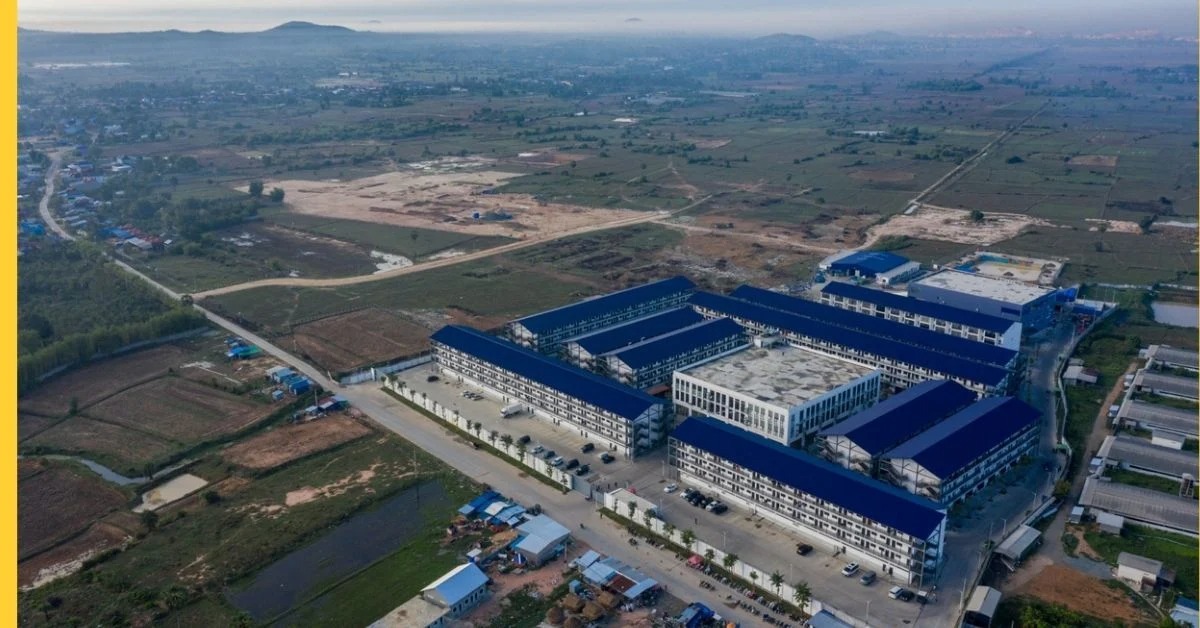
The 240-page investigation, titled I Was Someone Else’s Property, details how jobseekers, many of whom were recruited to work in online gambling or digital customer service, were trafficked into Cambodia and forced to perpetrate online scams under violent conditions.
Amnesty visited more than 50 compounds, many of which were formerly casinos or hotels repurposed by Chinese crime syndicates after Cambodia’s 2019 ban on online gambling.
Agnès Callamard, Amnesty International’s secretary general, said: “Deceived, trafficked and enslaved, the survivors of these scamming compounds describe being trapped in a living nightmare — enlisted in criminal enterprises that are operating with the apparent consent of the Cambodian government.
“Jobseekers from Asia and beyond are lured by the promise of well-paid work into hellish labour camps run by well-organised gangs, where they are forced to scam under the very real threat of violence.
“Amnesty’s research reveals the horrifying magnitude of a crisis the Cambodian authorities are not doing enough to stop. Their failures have emboldened a criminal network whose tentacles extend internationally, with millions of people impacted by the scams.”
Amnesty’s research paints a picture of a billion-dollar criminal enterprise built on human trafficking and forced labour, in which victims are compelled to conduct online fraud schemes such as romance scams, fake investment pitches, and “pig butchering” operations that target foreign victims, often in the West.
The report found evidence of slavery, child labour, sexual violence, and torture inside compounds ringed with barbed wire, CCTV, and armed guards.
In 32 of the 58 cases Amnesty investigated in detail, the organisation concluded that the conditions met the international legal definition of slavery.
One 18-year-old trafficking survivor, Lisa, said she was lured with promises of a hotel job with high salary and swimming pool.
Instead, she was beaten for trying to escape: “There were four men… three of them held me down while the boss hit me on the soles of my feet with a metal pole… They told me that if I don’t stop screaming, they’re going to keep hitting [me] until I stop.”
Montse Ferrer, Amnesty’s regional research director, added: “The Cambodian government could put a stop to these abuses, but it has chosen not to.
“The police interventions documented appear to be merely ‘for show’… Slavery thrives when governments look away.”
Despite multiple raids, Amnesty said more than two-thirds of compounds remain operational.
The NGO is calling on the Cambodian authorities to shut them down, investigate abuses, and properly support victims.